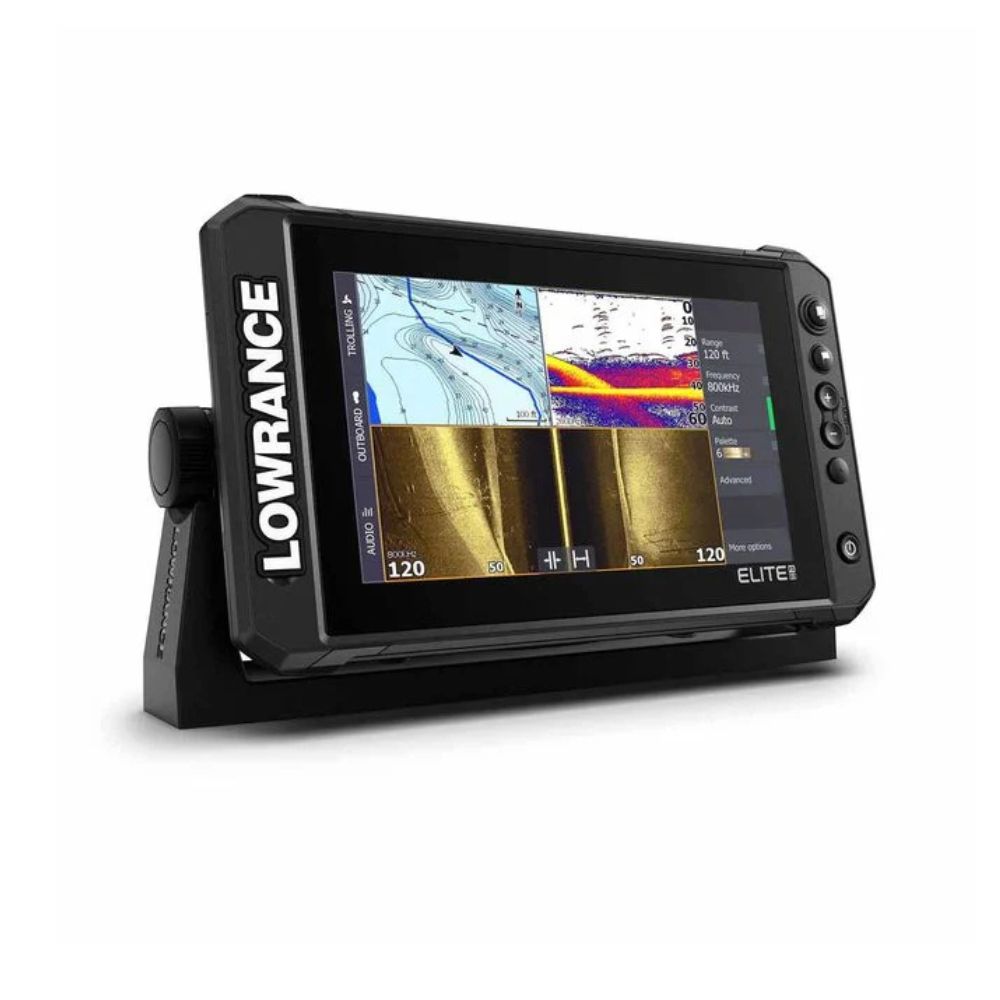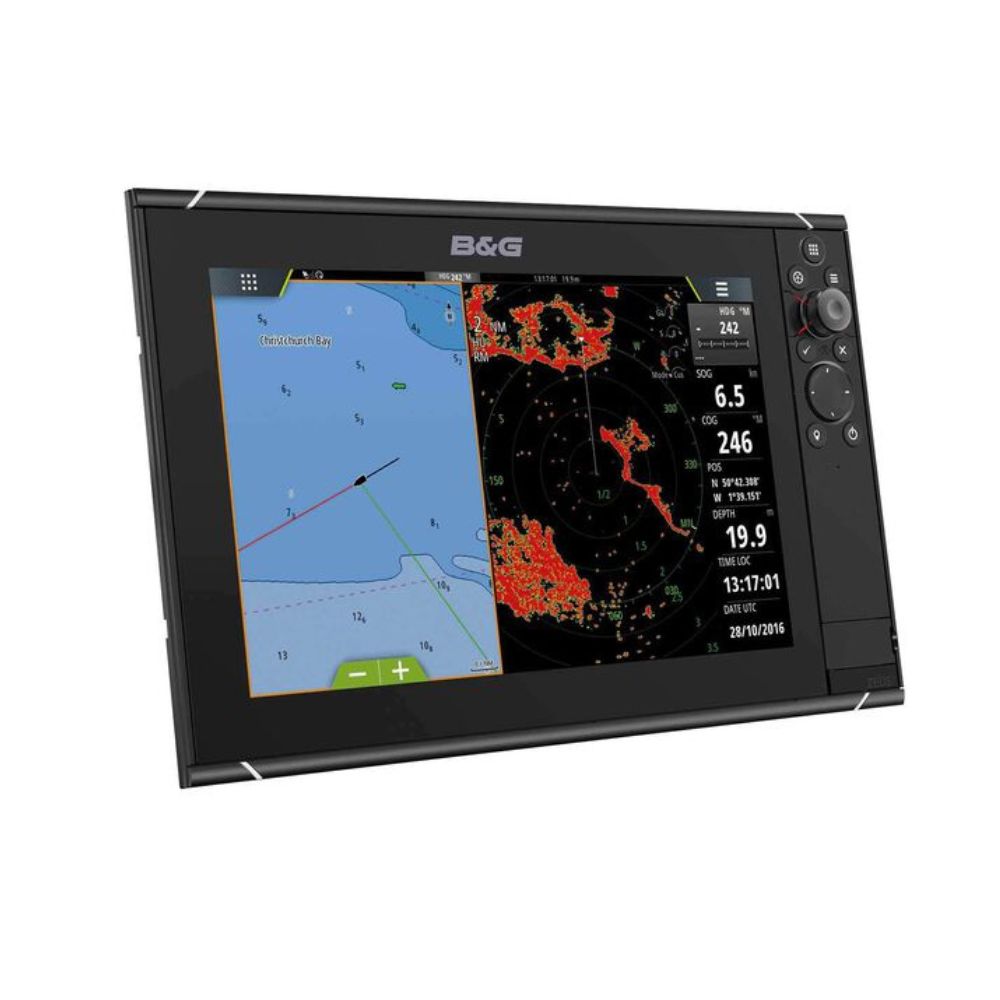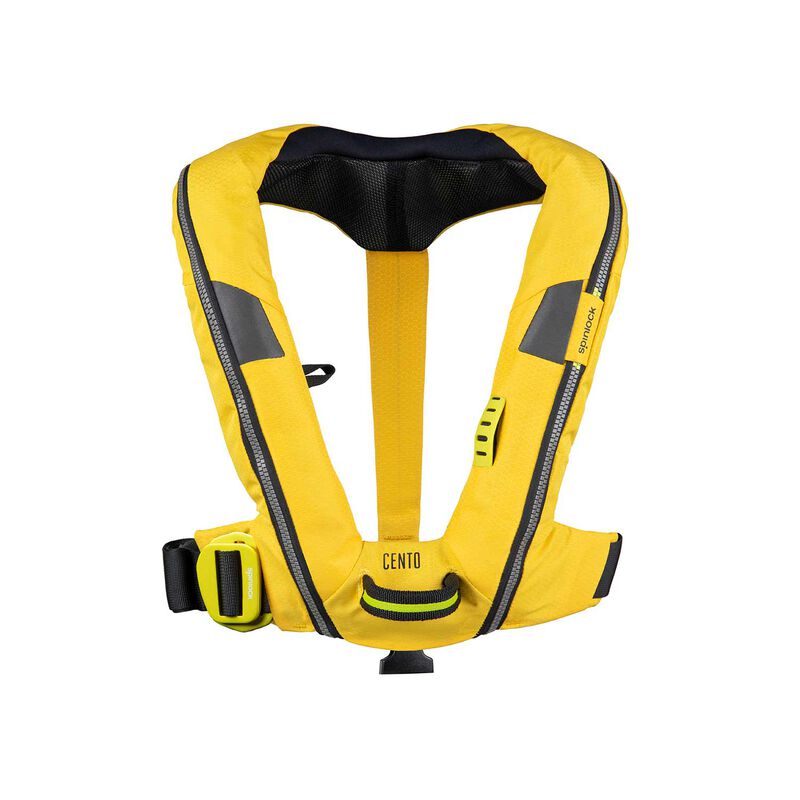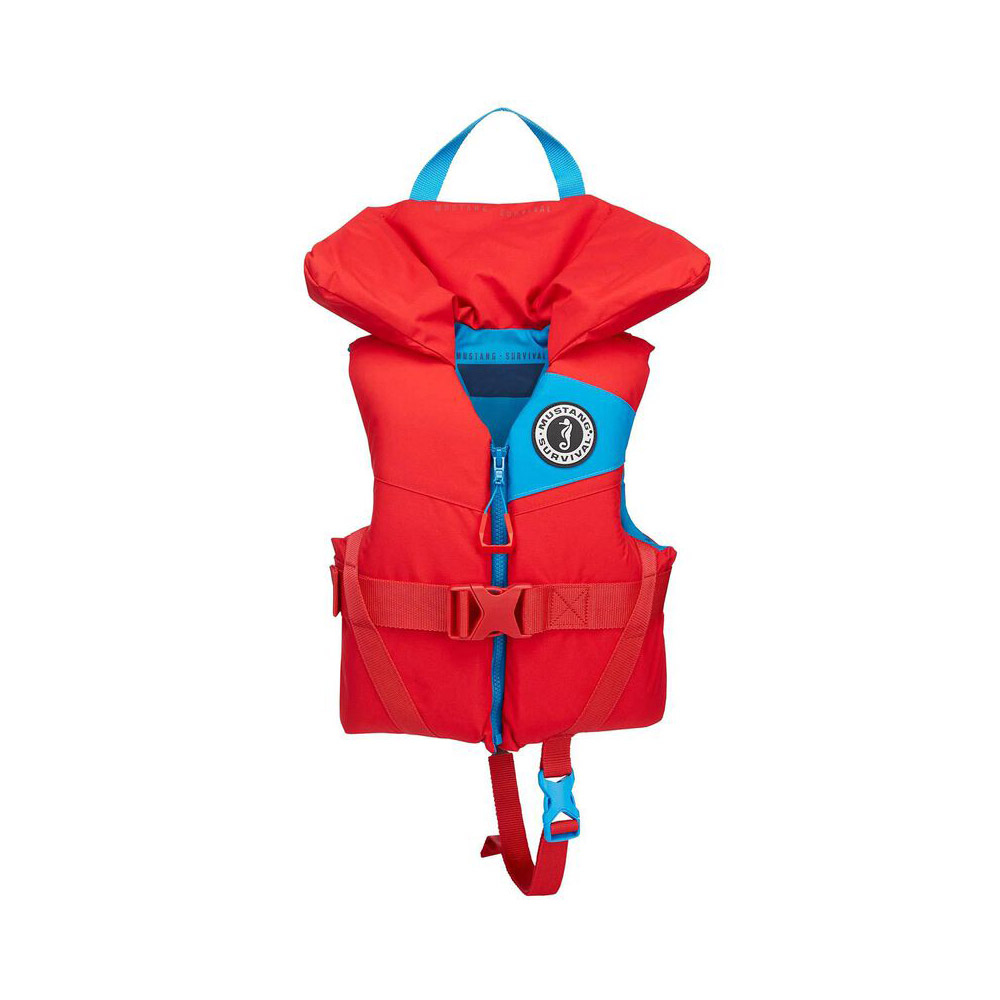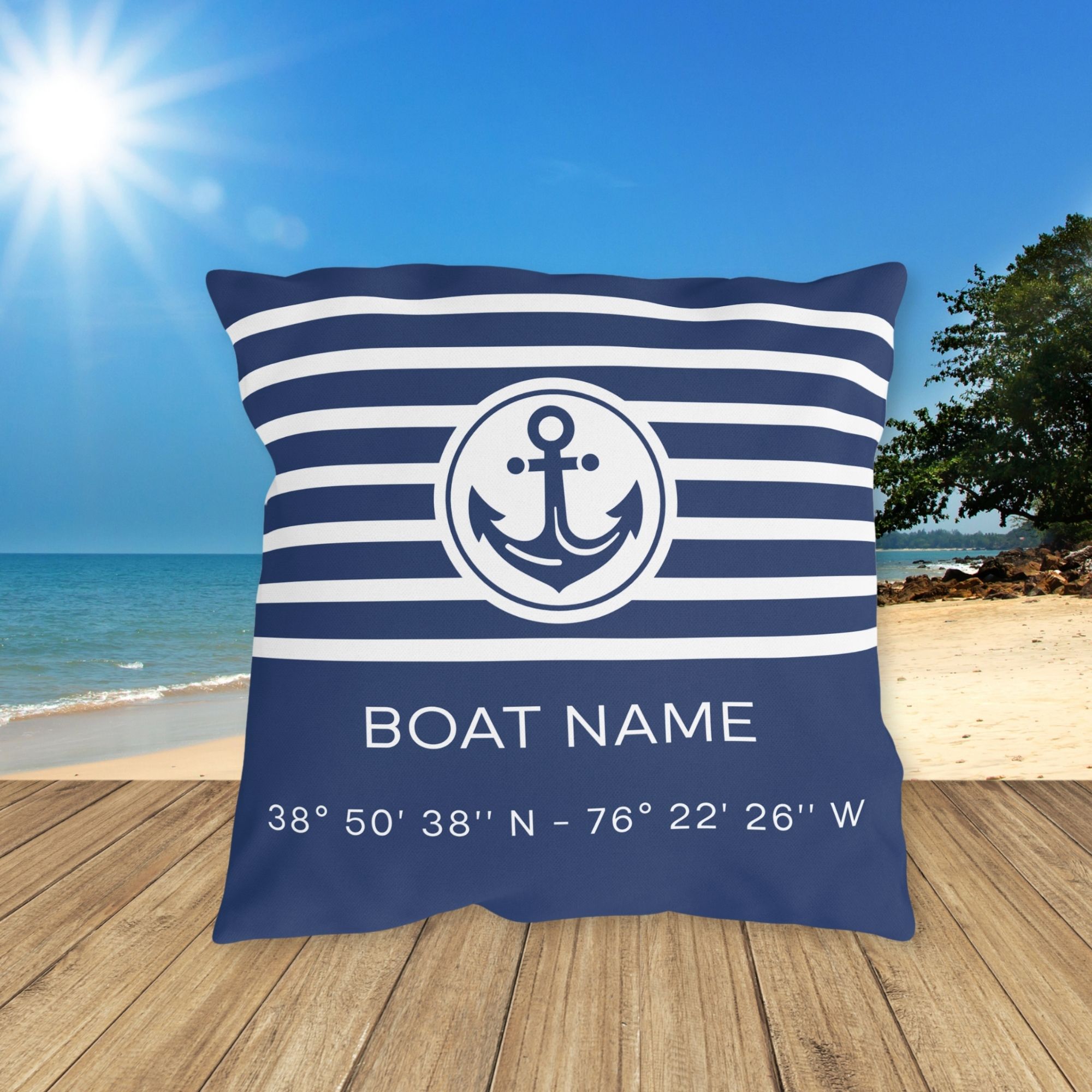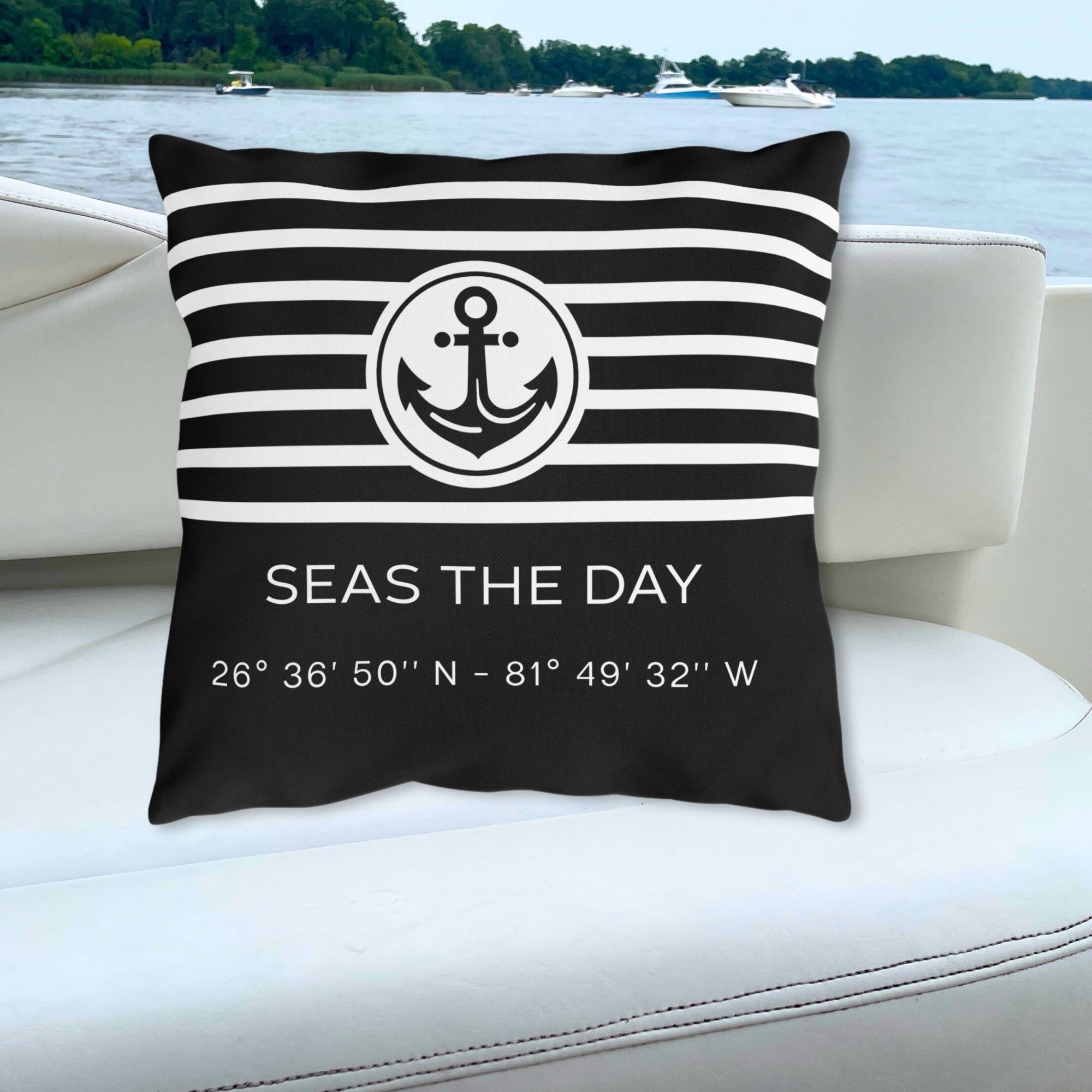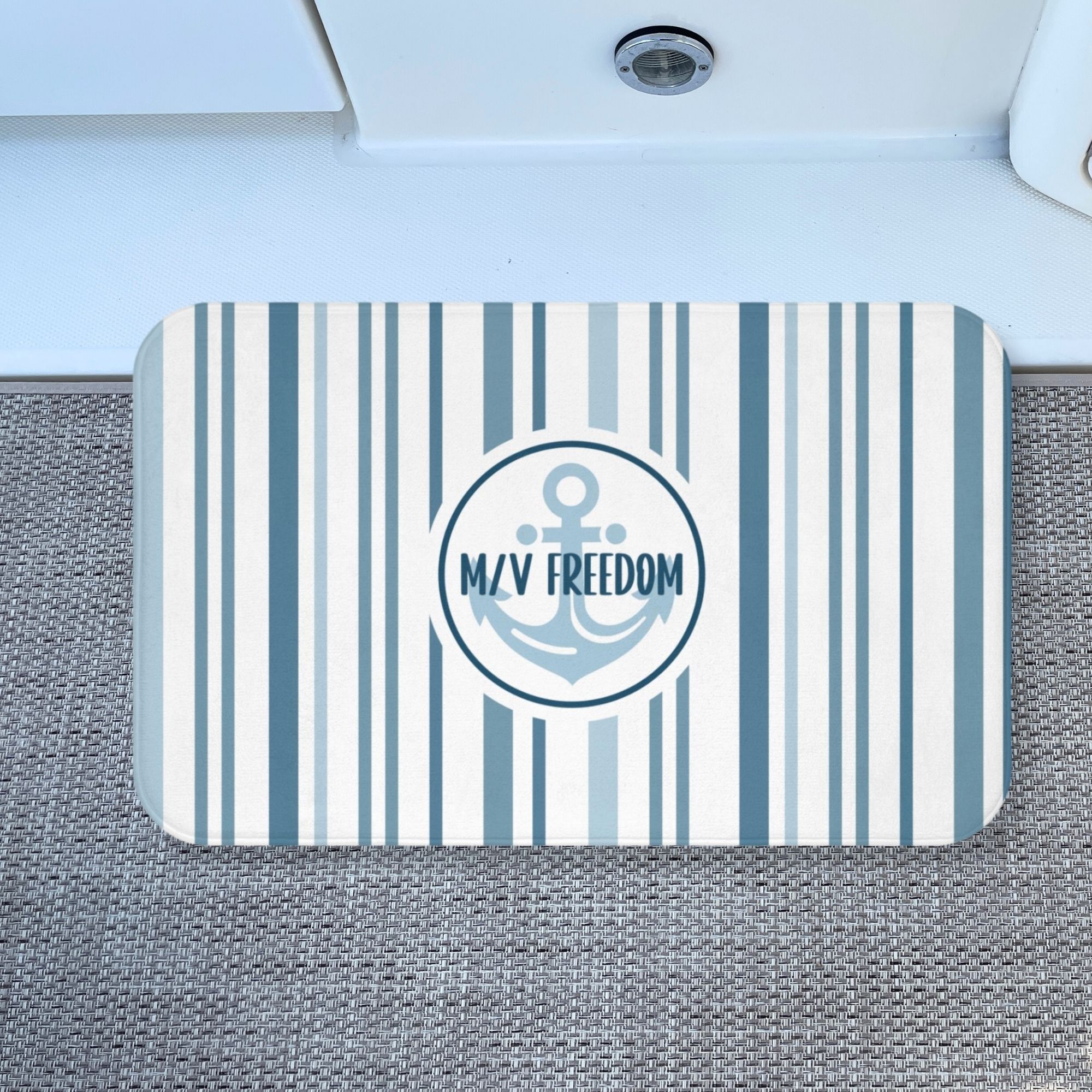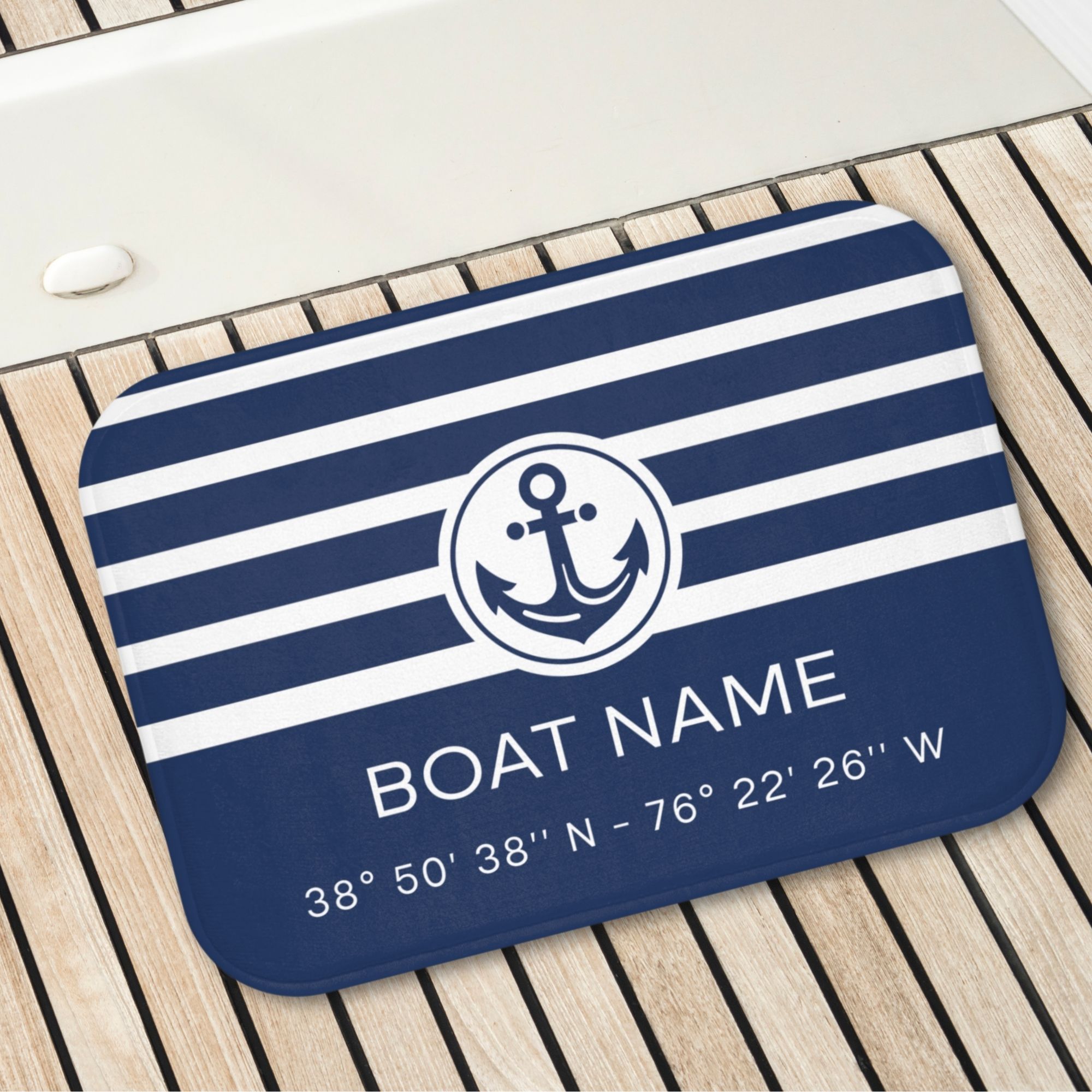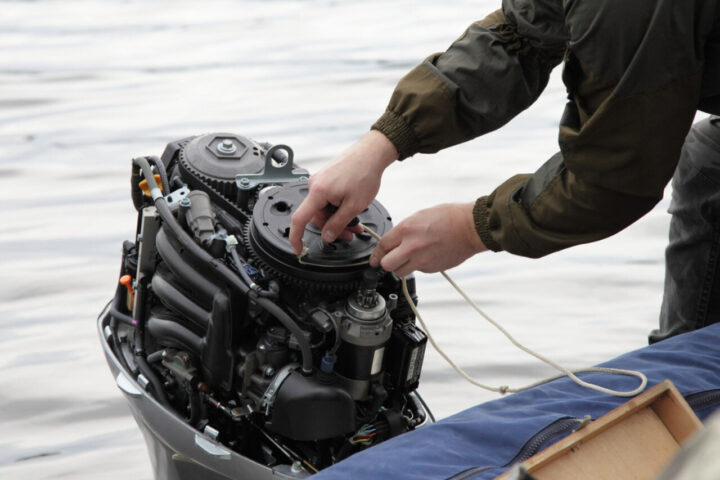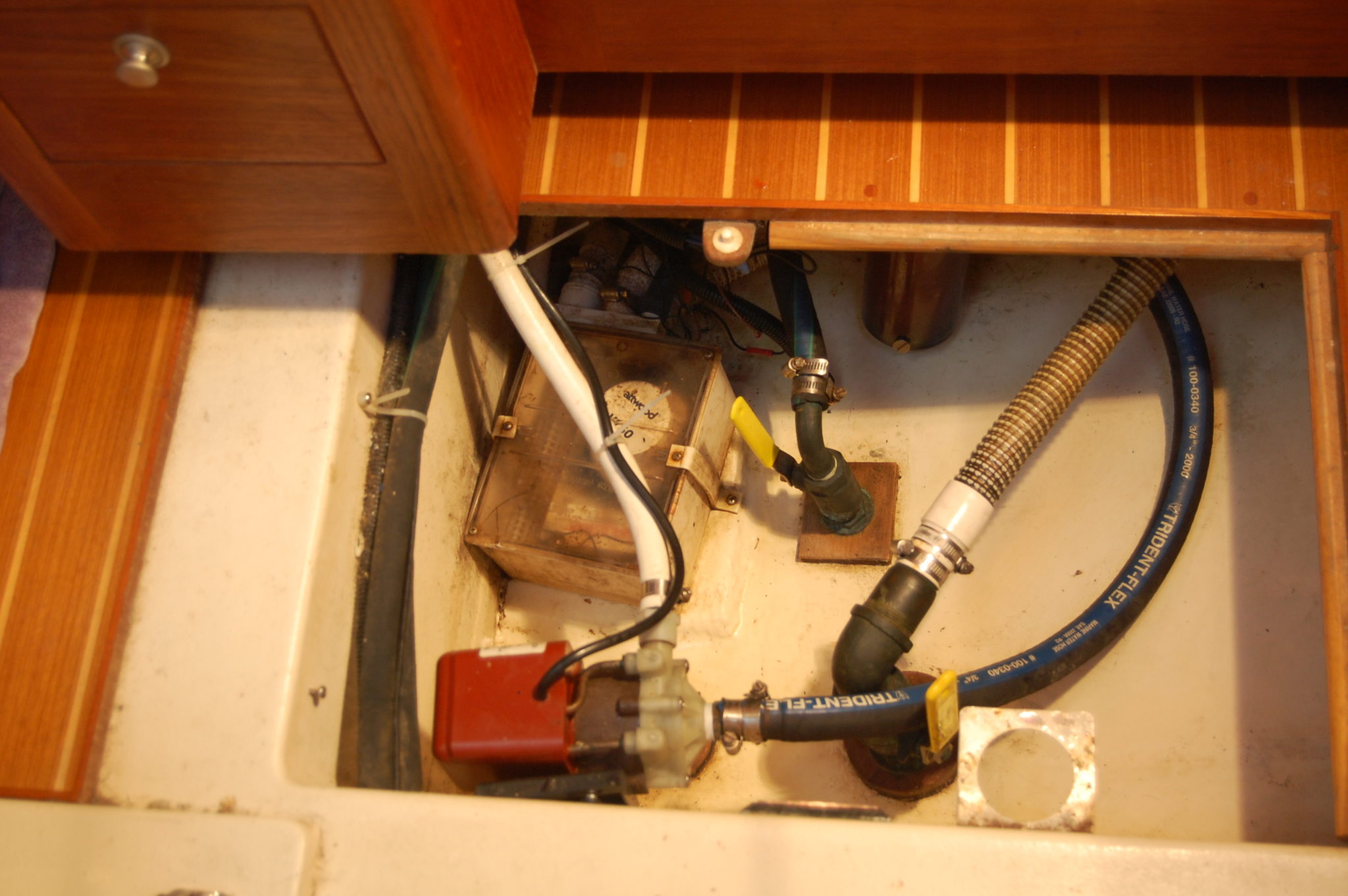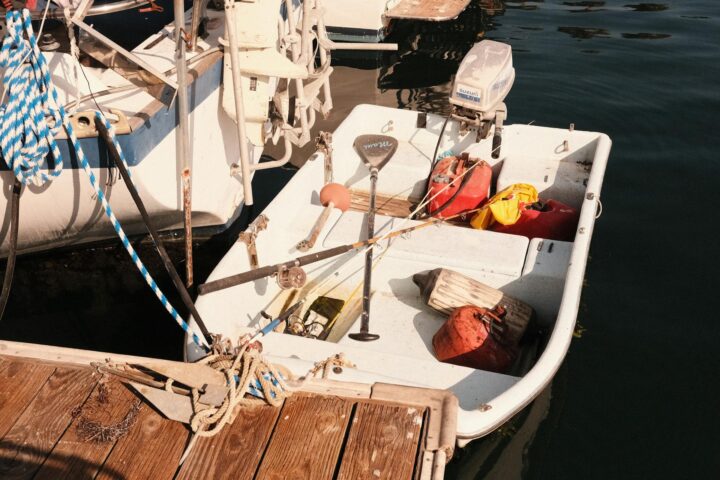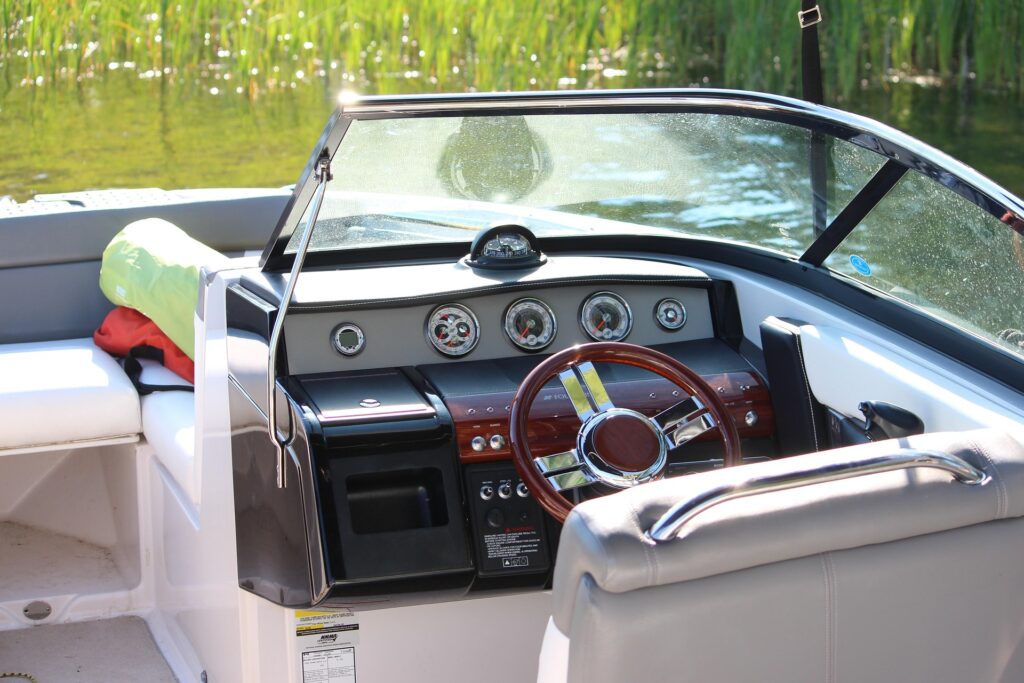
Mechanical know-how often overlaps across different niches. Many repair skills that apply to cars and vans can also be useful when maintaining a boat. Understanding engines, electrical setups, or structural care makes it easier to see the similarities between land and water transport. This shared ground can help boat owners recognize issues faster and apply familiar methods with confidence.
Shared Ground in Motor Maintenance
Anyone who has worked under a car hood will notice familiar parts when looking at marine engines. The burn cycle, cooling loops, and fuel delivery all follow similar rules, which makes problem finding feel less stressful. A person used to changing filters, tightening belts, and spotting leaks on a car can handle most boat tasks with small changes to moisture and airflow.
Comfort with engines also helps cut delays when trouble shows up on the water. Instead of relying only on a shop visit, simple steps like checking spark plugs, confirming fluid levels, and cleaning a carb can bring the craft back to life. These overlaps boost confidence and independence, since owners can use familiar steps rather than starting from zero each time something acts up.
Power Systems: Fault Isolation for Multiple Platforms
Glitches in electrics can halt plans fast whether you drive or operate a vessel. Batteries, fuses, switches, and connectors work by the same laws, so experience from cars maps well to marine vehicles. The main twist is constant moisture, which speeds corrosion and raises the chance of shorts if parts are left unprotected.
Regular review and smart replacements keep outages rare. Anyone used to testing a car battery or tracing a dim headlight can apply the same logic to lights, bilge pumps, and radios. Learning to track an electrical issue from source to symptom builds calm and order.
Shell Care and Integrity Preservation
The outer body of a vessel may look different from autos, yet both need steady attention to avoid costly trouble. Ignoring small cracks in laminate or scratches in bodywork can allow water to make the harm worse. Routine washing, sealing, and patching helps both kinds of machines stay sound and safe.
Water pressure and constant exposure to the sun can further change the playbook. These call for marine grade resins, fairing compounds, and coatings. Reaching out to professionals like Hatton Power & Propulsion may become essential for specialized fixes and guidance.
Emergency Equipment Service and Dependability
Life saving items need care just as much as mechanical parts do. Extinguishers, radios, and flotation aids can lose strength with age or neglect. Just like seat belts and airbags must be ready on the road, marine safety gear needs tests and recorded checks so it works in a real event. Skipping these reviews puts people at risk even if the motor and hull look perfect.
Checking dates on cylinders, confirming radio clarity, and looking for frayed straps are quick actions that mirror road safety habits. With this mindset, responsibility becomes normal, and everyone onboard benefits from gear that performs when it matters most.
Endnote
Leaning on similarities between marine projects and land based vehicles makes upkeep feel manageable and direct. The payoff is steady control and long-term enjoyment.
Trending Now: Must-Have Boat Gear for Your Boat Life
Trending Now: Custom Boat Decor
-
Boat Pillow with Boat Name & LAT LONG Coordinates
Quick ViewBuy on Etsy -
Boat Pillow with Boat Name & LAT LONG Coordinates- Black
Quick ViewBuy on Etsy -
Coastal Blue Stripes Bathmat with Anchor & Boat Name
Quick ViewBuy on Etsy -
Custom Boat Mat with Boat Name & LAT LONG Coordinates
Quick ViewBuy on Etsy
Disclosure: This site may contain links affiliated with companies where we receive compensation. Also, as an Amazon Associate we may earn from qualifying purchases we refer but it does not impact the price you pay. Full disclosure policy.

